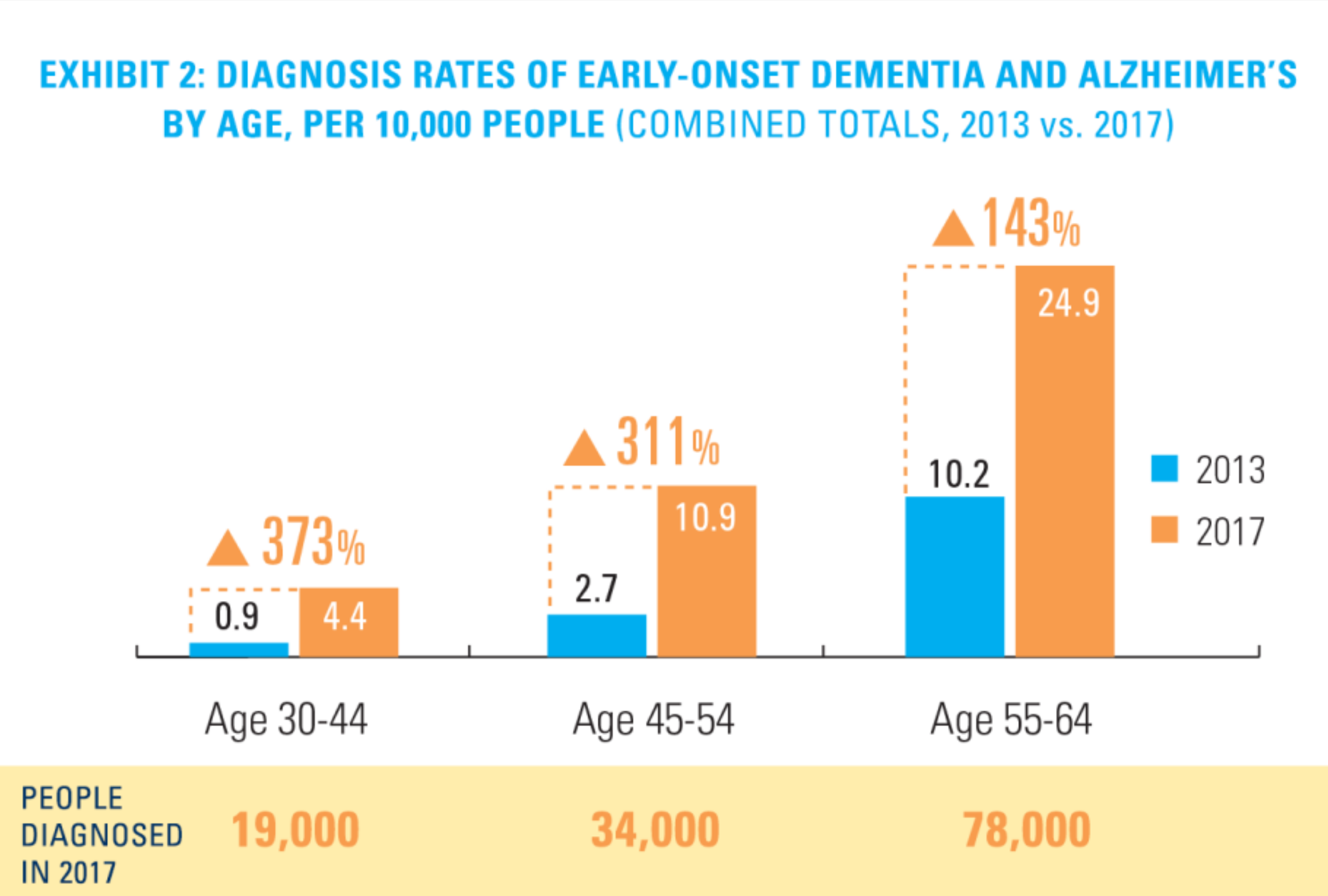
Natalia Babenko, Public Health Foundation Intern
and MPH Candidate at the University of South Florida
 The COVID-19 pandemic dramatically affected mortality from Alzheimer’s and other dementias. Over the first year of the pandemic, the U.S. faced a 15% increase in deaths from Alzheimer’s disease among older adults. Thus, healthcare providers must be equipped with valid and robust cognitive assessment techniques and tools to respond to the emerging mental health crisis.
The COVID-19 pandemic dramatically affected mortality from Alzheimer’s and other dementias. Over the first year of the pandemic, the U.S. faced a 15% increase in deaths from Alzheimer’s disease among older adults. Thus, healthcare providers must be equipped with valid and robust cognitive assessment techniques and tools to respond to the emerging mental health crisis.
Alzheimer’s is an incurable disease that may lead to significant emotional and physical distress for those diagnosed, as well as their caregivers. The Food and Drug Administration (FDA) has approved six drugs for treating Alzheimer's. However, these drugs only temporarily treat symptoms and have no effect on the course of the disease. These factors contribute to Alzheimer’s being the most expensive disease in the United States which disproportionately affects the population, underlining the health disparities caused by race/ethnicity, healthcare, food, and education.
It is an issue of high importance to confirm diagnosis at the early stage of Alzheimer’s disease to alleviate patients’ anxiety about memory concerns and maximize their healthy lifetime. That is why it is especially essential to detect the signs of the early-onset of Alzheimer’s in younger generations. The early-onset of Alzheimer’s in America is alarming – between 2013–2017, diagnosis rates increased by 200%, highlighting the importance of timely early diagnosis at the first symptoms of cognitive decline (see the bar chart below).

Source: Blue Cross, Blue Shield
Because Alzheimer’s is often underdiagnosed or misdiagnosed, it is essential to a) increase utilization of cognitive assessments in routine care; b) improve cognitive assessment in primary care settings; and c) for providers to gain confidence in regularly applying cognitive assessment techniques.
These five resources can help to increase awareness of clinicians to conduct cognitive assessment on a regular basis as a standard practice.
- Centers for Medicare & Medicaid Services: Cognitive Assessment & Care Plan Services provides information about the steps of the cognitive assessment, places, and specialists to reach out for help and follow-up care plans.
- Alzheimer's Association: Cognitive Assessment Toolkit includes guidance for detecting cognitive impairment quickly and efficiently during the Medicare Annual Wellness Visit.
- National Institute on Aging: Cognitive Screening Tests includes clinical practice tools, training materials, and patient and caregiver education materials.
- American Academy of Family Physicians: Cognitive Care Kit supports physicians with materials about prevention strategies, long-term planning care, cognitive evaluation, and caregiving.
- Alzheimer's Association: Medicare Annual Wellness Visit Algorithm for Assessment of Cognition presents the Algorithm for Assessment of Cognition to operationalize the detection of cognitive impairment during the Medicare Annual Wellness Visit.
Healthcare workers and physicians are at the forefront of mitigating the future impact of Alzheimer’s disease by conducting early detection and diagnosis while also raising awareness regarding health behaviors that may increase one's Alzheimer's susceptibility. Gender, age, lifestyle, and education are mainly predisposed to this incurable disease. Engaging healthcare professionals to reflect on the challenges of Alzheimer’s diagnosis will reduce the caregiving load and enable people to have both prolonged and healthy lives within their communities.